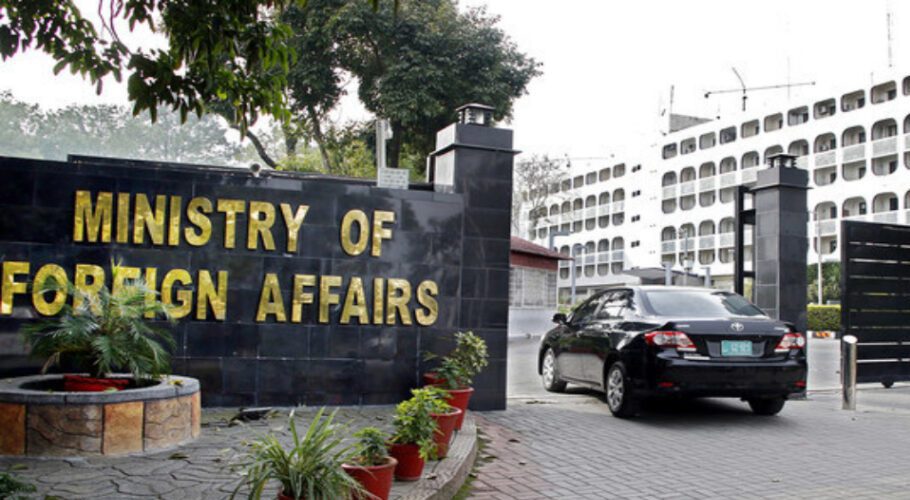The federal government is preparing to impose new taxes on the public after presenting the budget at the beginning of this month, while 3 interesting incidents emerged in this context.
The first incident was when Finance Minister Ishaq Dar, who presented the budget of 144 trillion Rs 60 billion in the National Assembly, while giving the budget speech, said that no new tax is being imposed in the budget presented this year, the government is trying to give maximum relief to the people and efforts are being made to increase employment opportunities and ease of doing business.
The second interesting incident was that on the same day, Chairman of the Federal Board of Revenue (FBR) Asim Ahmed said that the government has imposed additional taxes of 200 billion in the budget.
The third interesting incident happened yesterday when the Minister of State for Finance, Aisha Ghaus Pasha, clarified that the new FBR taxes, which are in total 223 billion, will not be a precursor to inflation, while more or less 88% of the taxes are direct.
While giving a briefing in the Senate Standing Committee yesterday, Aisha Ghaus Pasha said that after the decrease in global inflation, the inflation in Pakistan has also decreased.
If we examine Minister of State Aisha Ghaus Pasha’s claim that taxation will not cause inflation, it is important to consider recent statistics showing that tax policies have significant effects on inflation, it cannot be denied.
Economists say that when the government imposes high taxes, businessmen and people directly affected by these taxes pass on the effects of their raw materials or whatever is taxed to the common man, so that Do not burden them.
As a result, inflation starts to rise automatically. This is quite obvious, but the nature of taxes, their application to different sectors, and the overall economic environment are also important.
What we call direct taxes usually include income tax and wealth tax that are levied directly on people or businesses. It generally has a less direct impact on inflation than indirect taxes such as sales tax or excise duty.
However, the overall impact of tax changes on inflation is influenced by a complex interplay of economic factors, including business behavior, consumer spending patterns, and the overall state of the economy.
Moreover, to assess the potential impact of new taxes, it is important to review the historical tax collection performance and revenue performance of the FBR and how well we know the historical tax collection performance and revenue situation.
The PDM government has shown green gardens to the public in a different way in the budget, but economists have already said that the budget is nothing more than a gibberish of words. There will be inflation, but the ministers want that the blame should not be placed on the present government.
It is also true that factors like global inflation trends, domestic economic growth and government fiscal policy play an equal role in the overall inflation process, but the claim that new taxes lead to inflation does not seem to be at all based on reality. Tents will not be fixed.


























